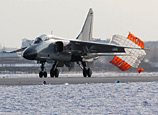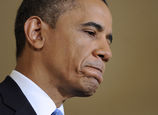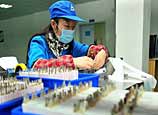
Wang's company raises calves and sells them to cattle farms. The sales price of one calf is around 2,600 yuan ($417) this winter, much higher than 1,500 yuan last winter, according to Wang.
The government gave Wang's company a subsidy of 200 yuan for each calf they raised, but Wang said the subsidy fell far short of covering the rising costs.
A lack of government support is another cause of lower motivation for farmers to raise cattle, which leads to a declining supply of beef, said Gao of the China Meat Association, adding that the association he works for has already submitted suggestions for supporting cattle cultivation to the Ministry of Agriculture.
The government has given stronger support to pig cultivation because pork accounts for a larger percentage of total meat consumption, and rising pork prices would contribute even more to a high rate of inflation, said Gao.
Beef and mutton account for around 10 percent of Chinese people's meat consumption at present, coming behind pork at 65 percent and poultry at 21 percent, according to Gao.
"But in recent years consumption of beef and mutton has been rising and pork has been declining as consumers prefer meat with lower fat," Gao said.

















 Beijing style: Duck, opera, fog and cough...
Beijing style: Duck, opera, fog and cough...


![]()
